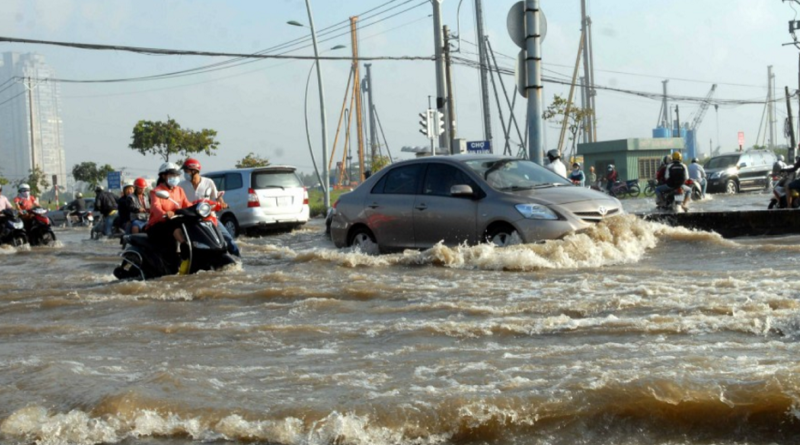Bangkok Could Be Completely Underwater By 2050
Source: Thaivisa
Bangkok and other major cities in Southeast Asia could be all but wiped out by 2050, according to a new report.
Researchers from Climate Central say that Bangkok could be completely submerged within 30 years.
In the study published in British journal Nature Communications on Tuesday, researchers used a new digital elevation model based on artificial intelligence to examine data from 135 countries.
The model indicates that by 2050, land now home to 300 million people will be underwater, while land occupied by 150 million people will be wiped out entirely.
Most of these areas are in Asia, with 70% of the total number of people worldwide living on implicated land in China, Bangladesh, India, Vietnam, Indonesia, Thailand, the Philippines and Japan.

According to the Climate Central website, Bangkok, as well as Jakarta and Ho Chi Minh are some of the cities most at risk, all of which are projected to fall below annual flood level by 2050.
The tool on the Climate Central website gives a startling projection of how Bangkok, which routinely suffers from flooding, and the surrounding area will be submerged.
According to the website, Samut Prakan on the coast to as far north as parts of Suphanburi will be underwater.

This isn’t the first time the threat from rising sea levels on Bangkok has been highlighted.
In 2015, a panel set up by the National Reform Council said that large parts of Thailand’s capital could be submerged by 2030.
In its report presented to parliament the panel blamed rising sea levels and the fact that Bangkok is in a low lying flood prone region.
The report added how the city is being developed was also a major factor.
The reported noted how the proliferation of tall buildings and other large scale construction was causing land to subside at a much faster rate.
The panel recommended a sea wall embankment be constructed from SriRacha to Hua Hin to help protect large parts of Thailand’s coastline from the rising sea levels.



